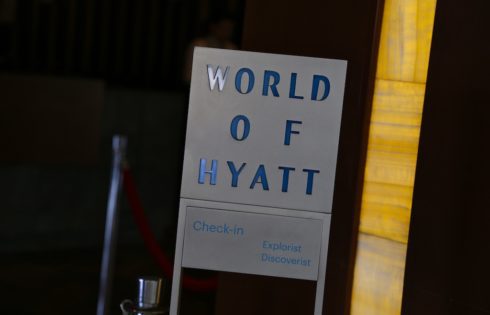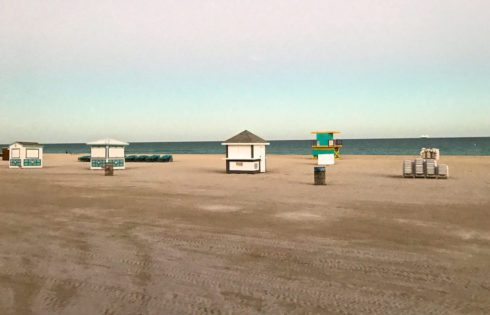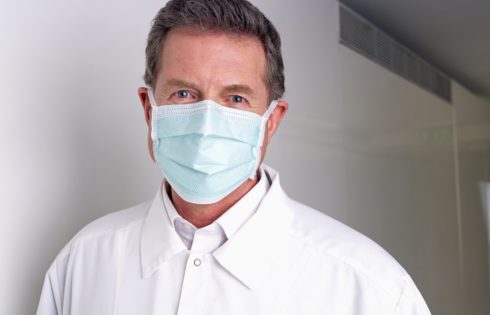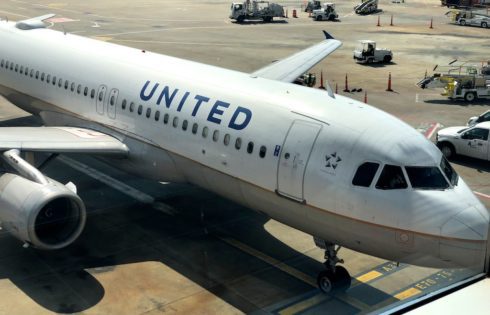
Hotels are dropping mask requirements
If you ask me, wearing a mask during a hotel stay is even more annoying than a plane ride. On a (domestic) plane ride, I more or less forget I’m

If you ask me, wearing a mask during a hotel stay is even more annoying than a plane ride. On a (domestic) plane ride, I more or less forget I’m

The city of Miami, Florida is imposing fines for refusing to wear face coverings and repeat offenders could be liable to pay up to $500. The new mask policy will

It’s no secret that protective gear for medical professionals has been in short supply and high demand over the past couple of months. You’ve probably seen article after article about

4/30/20 update: US airlines are now beginning to require passengers to wear face masks and face coverings when flying. We recently saw JetBlue require passengers to wear such coverings and
| Cookie | Duration | Description |
|---|---|---|
| cookielawinfo-checkbox-analytics | 11 months | This cookie is set by GDPR Cookie Consent plugin. The cookie is used to store the user consent for the cookies in the category "Analytics". |
| cookielawinfo-checkbox-functional | 11 months | The cookie is set by GDPR cookie consent to record the user consent for the cookies in the category "Functional". |
| cookielawinfo-checkbox-necessary | 11 months | This cookie is set by GDPR Cookie Consent plugin. The cookies is used to store the user consent for the cookies in the category "Necessary". |
| cookielawinfo-checkbox-others | 11 months | This cookie is set by GDPR Cookie Consent plugin. The cookie is used to store the user consent for the cookies in the category "Other. |
| cookielawinfo-checkbox-performance | 11 months | This cookie is set by GDPR Cookie Consent plugin. The cookie is used to store the user consent for the cookies in the category "Performance". |
| viewed_cookie_policy | 11 months | The cookie is set by the GDPR Cookie Consent plugin and is used to store whether or not user has consented to the use of cookies. It does not store any personal data. |
